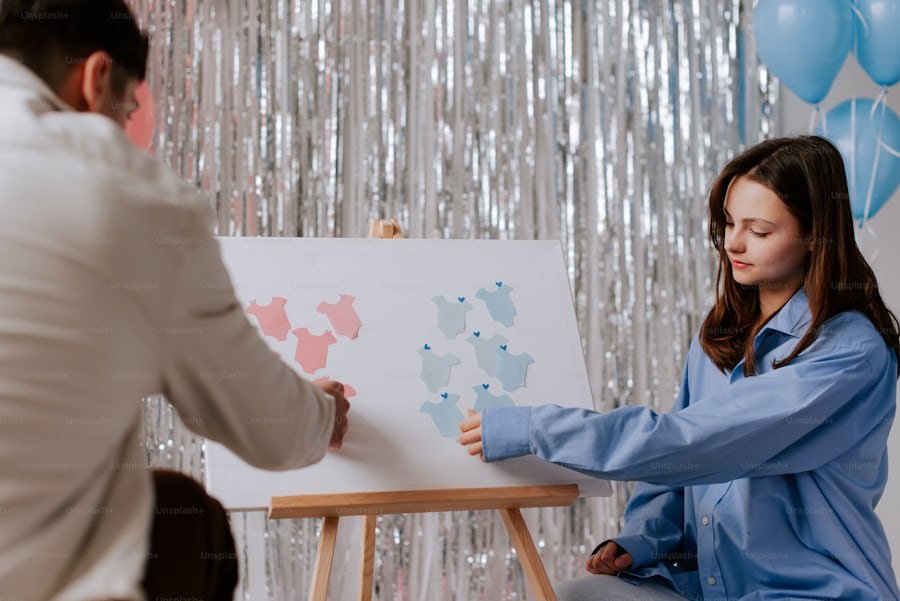The phrase “your talent is mine” can be interpreted in different ways depending on context. In the most literal sense, it suggests the idea of possessing or claiming someone else’s talents, abilities, or creative work. In other scenarios, it may point to a more metaphorical notion, such as collaboration or the sharing of skills for mutual benefit. Whether in professional settings, creative industries, or personal development, understanding how talent is perceived and utilized can have significant implications.
What Does “Your Talent Is Mine” Mean?
The phrase “your talent is mine” might carry a few different connotations. Here’s a breakdown:
- Collaboration: In a professional or creative setting, this phrase may reflect a collaborative effort. When individuals work together, they combine their strengths and abilities, thereby sharing and leveraging each other’s talents. In this case, “your talent is mine” emphasizes the collective effort rather than individual ownership.
- Exploitation: In a negative light, the phrase can imply the appropriation or exploitation of someone’s abilities or skills without proper recognition or compensation. This is common in scenarios where someone takes credit for another’s work, whether in art, business, or intellectual property.
- Mentorship: Alternatively, “your talent is mine” could symbolize the transfer of knowledge and skills, particularly in mentor-mentee relationships. A mentor might take pride in their protege’s abilities, reflecting the growth and development they have imparted to the individual.
- Shared Growth: In personal development, it might represent the notion that through shared experiences and learning from others, one can develop and enhance their own skills and talents. This can occur in various aspects of life, from education to business to personal relationships.
Common FAQs About “Your Talent Is Mine”
1. What does it mean in a professional context?
In the professional world, “your talent is mine” can often mean that one person or organization is benefiting from another’s skills, either through direct collaboration or less favorable means like exploitation. Ideally, the phrase suggests cooperation where both parties use their unique skills to achieve a shared goal. However, it can also imply the unethical appropriation of intellectual property or ideas.
2. Is it okay to say “your talent is mine”?
Context is key. In a collaborative setting, saying “your talent is mine” may indicate that you’re excited about working together and utilizing each other’s strengths. However, it’s important to ensure that such a statement doesn’t come across as possessive or dismissive of the other person’s contributions. Ethical boundaries and mutual respect should always guide any professional interaction involving shared talents.
3. How can I prevent my talents from being exploited?
To prevent the exploitation of your talents, ensure that you have clear contracts or agreements in place if you are sharing your work or ideas with others. Protect your intellectual property, and don’t hesitate to assert your rights if you believe someone is taking advantage of your skills without giving proper credit or compensation. It’s also a good idea to work with people who value and respect your contributions.
4. Can “your talent is mine” be a form of flattery?
In certain contexts, such as mentorship or creative collaboration, the phrase can be a form of flattery. It can express admiration and appreciation for someone’s skills. For instance, a mentor might say it proudly, symbolizing the growth they have helped foster in their mentee, and in a collaborative setting, it could show respect for the shared contributions that Both individuals bring to the table.
5. How does this concept relate to personal development?
In personal development, “your talent is mine” can reflect a mindset of continuous learning and improvement. By observing and learning from the talents of others, individuals can adopt new skills and perspectives that enhance their own abilities. In this sense, the phrase reflects the idea of mutual growth rather than ownership or appropriation.
Conclusion
The phrase “your talent is mine” can have varied meanings depending on context, ranging from collaboration and mentorship to exploitation and appropriation. In any case, the key takeaway is that talent—whether it’s your own or someone else’s—is a valuable asset that deserves respect. Whether in professional collaborations or personal growth, the best outcomes come from shared respect, acknowledgment, and mutual benefit. Always ensure that your talents, as well as the talents of others, are treated with fairness and integrity.

